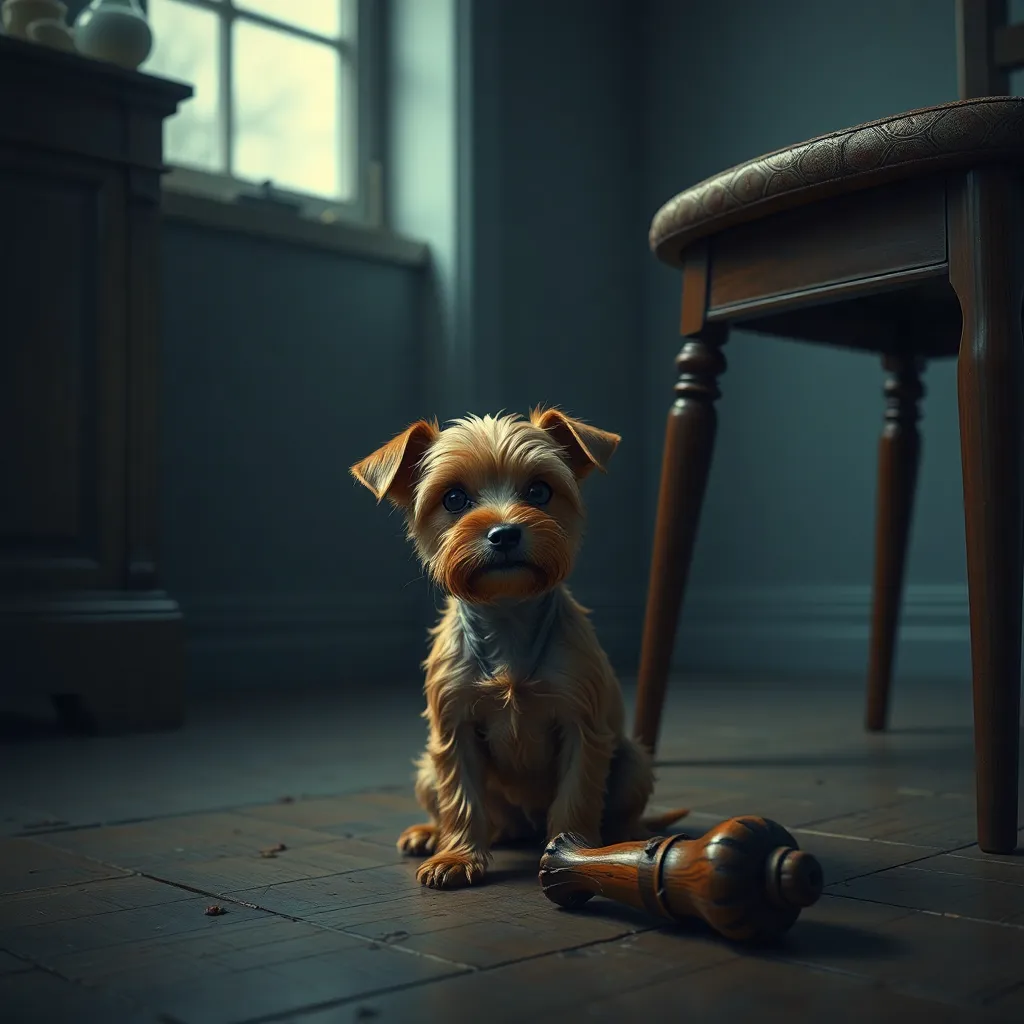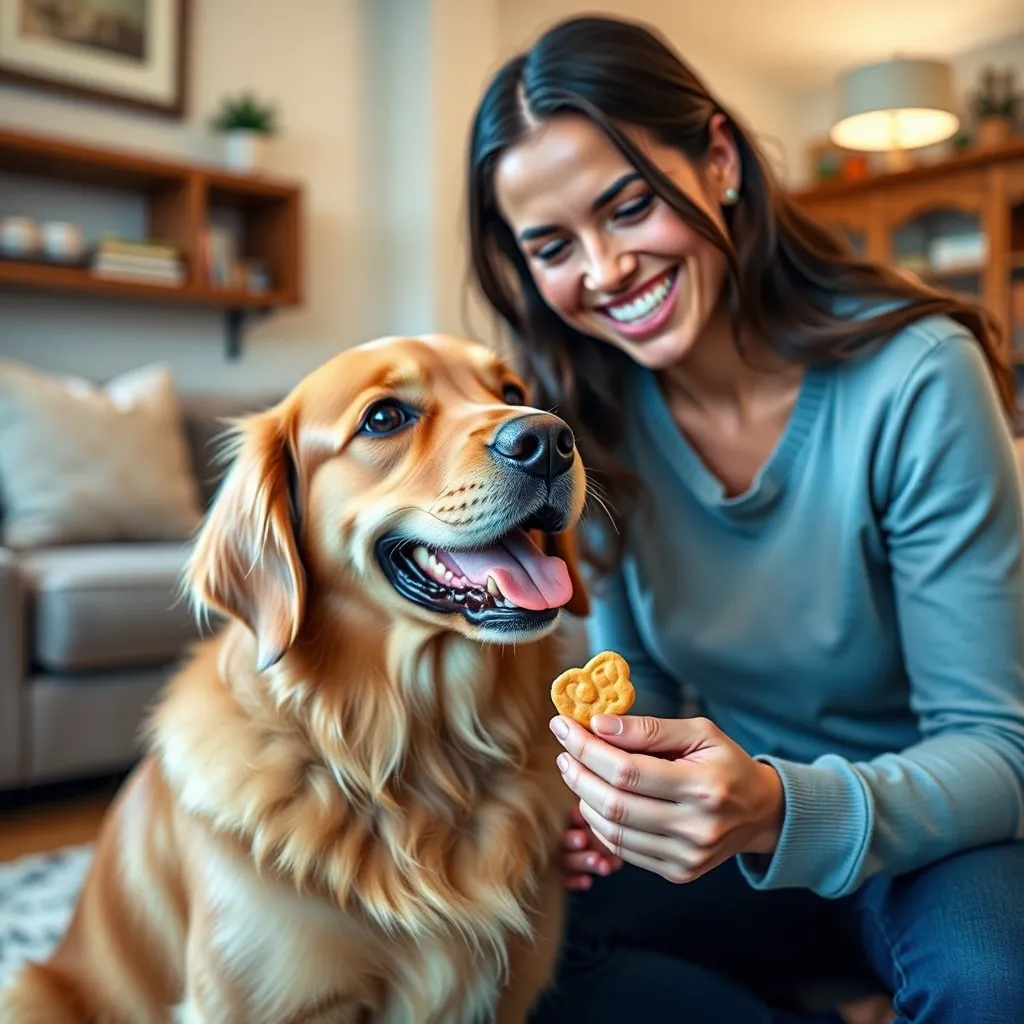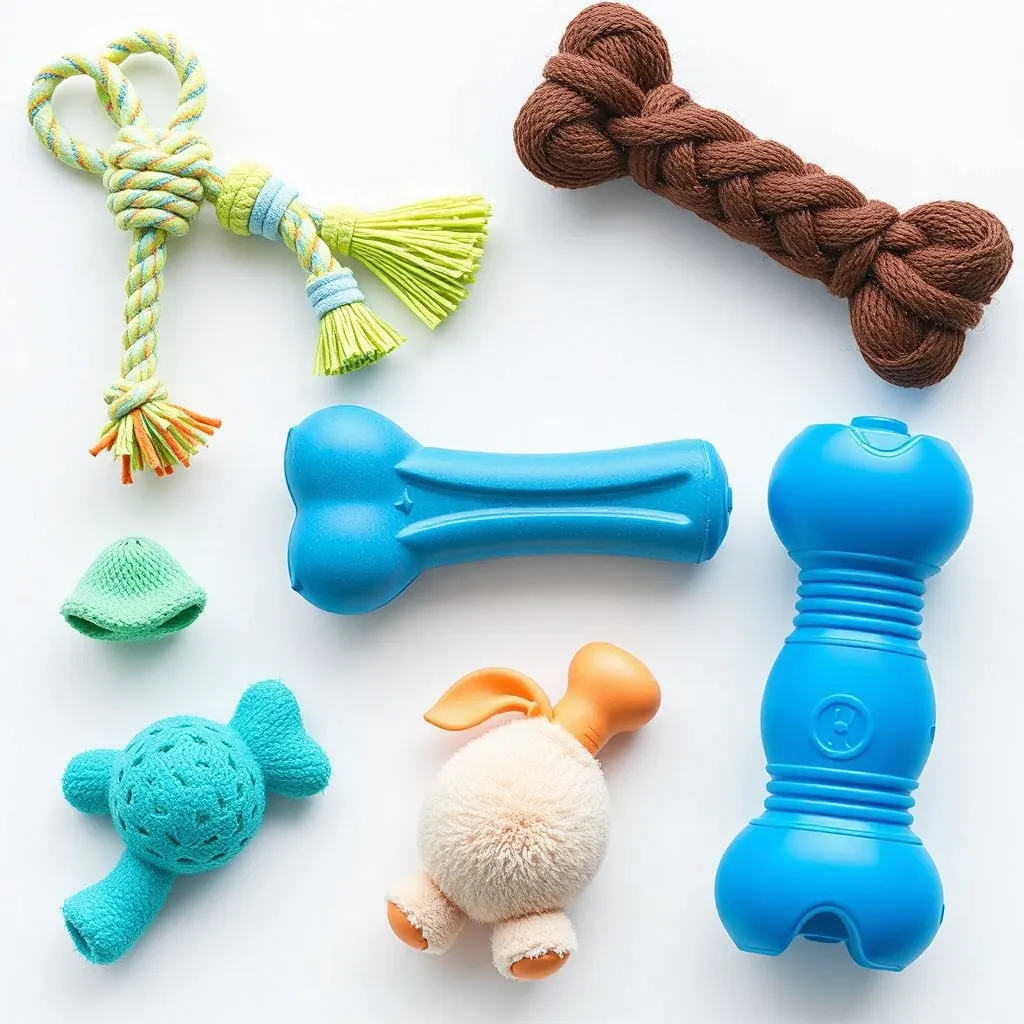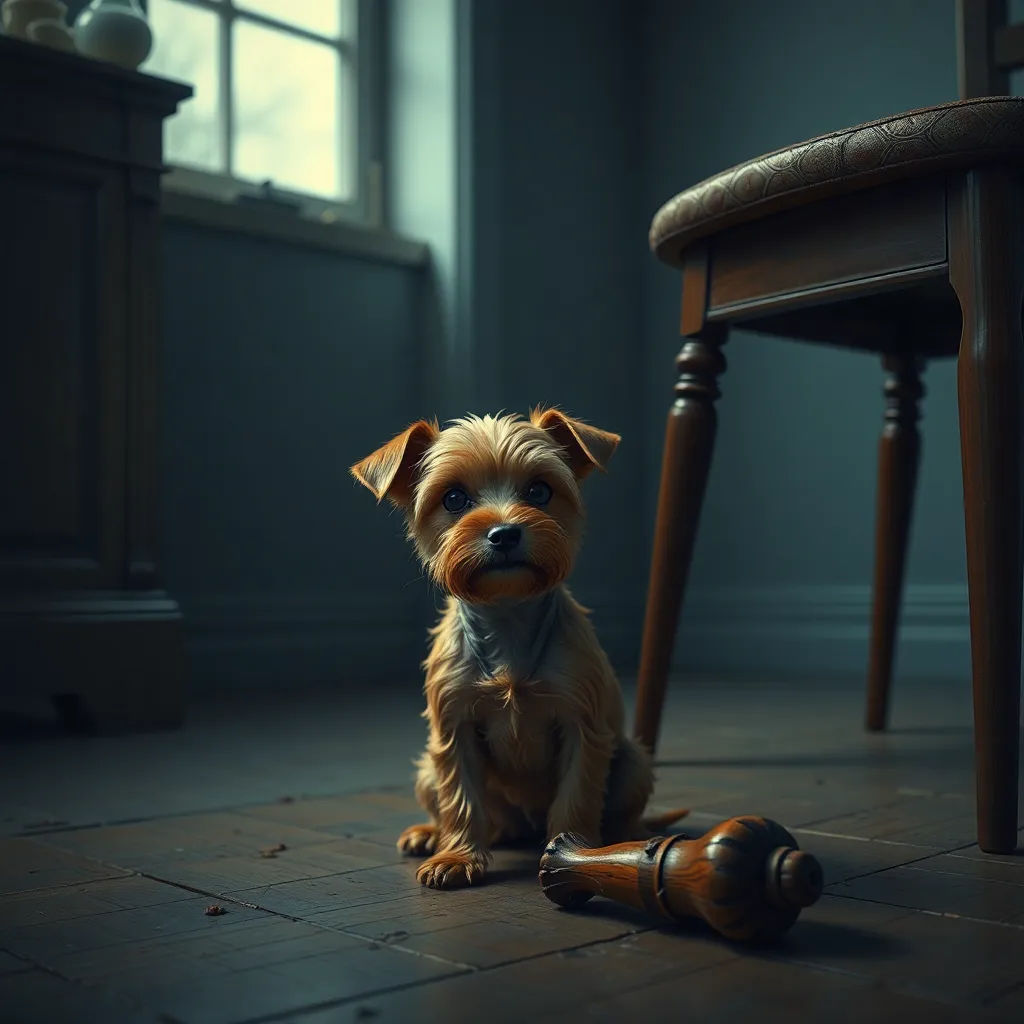Chewing is a natural canine behavior, but when your furry friend starts treating your furniture like a chew toy, it’s time for intervention. This comprehensive guide will explore the reasons behind destructive chewing in dogs and provide practical, actionable steps to redirect this behavior, saving your belongings and keeping your pup happy and healthy.
Why Does My Dog Chew Everything?
Understanding the root cause of your dog’s chewing is crucial to effectively addressing the problem. Several factors can contribute to excessive chewing:
- Teething Puppies: Just like human babies, puppies experience teething pain, and chewing provides relief. This is especially prevalent in the first six months of their lives. Puppy chewing is often a phase, but providing appropriate chew toys can mitigate damage.
- Boredom and Lack of Stimulation: A bored dog is a destructive dog. Without sufficient mental and physical exercise, dogs may resort to chewing as an outlet for pent-up energy. Lack of exercise is a common cause of behavioral issues.
- Anxiety and Stress: Separation anxiety, fear, or general stress can manifest as excessive chewing. If your dog chews primarily when you’re away, anxiety may be a contributing factor.
- Attention-Seeking Behavior: Some dogs chew to gain attention, even if that attention is negative (e.g., scolding). Ignoring destructive chewing and rewarding good behavior is key to breaking this cycle.
- Dietary Deficiencies: Although less common, nutritional deficiencies can sometimes lead to increased chewing. Consult your veterinarian if you suspect this may be a factor. Nutritional deficiencies can impact behavior.

How to Stop Destructive Chewing: Practical Tips
- Provide Plenty of Appropriate Chew Toys: Offer a variety of textures and materials, such as durable chew toys, rope toys, Nylabones, and stuffed toys (ensure they’re durable and supervised). Rotate toys regularly to maintain interest.
- Supervise Your Dog: Especially during the puppy stage, close supervision is essential. Confine your dog to a safe area (crate or pen) when you can’t monitor their activities. Supervision is crucial in preventing unwanted chewing.
- Exercise Your Dog Regularly: Daily walks, playtime, and engaging activities like fetch or agility training will help burn excess energy and reduce boredom. Regular exercise is vital for a well-behaved dog.
- Address Anxiety: If anxiety is a factor, consider professional help from a veterinarian or certified dog trainer. They can recommend strategies like desensitization and counter-conditioning, or potentially medication. Addressing anxiety is crucial for long-term solutions.
- Positive Reinforcement Training: Reward good behavior with praise, treats, or toys. Ignore destructive chewing and redirect your dog to an appropriate chew toy. Positive reinforcement is far more effective than punishment.
- Make Your Home Less Appealing: Use deterrents like bitter apple spray on furniture and other items you want to protect. Keep valuable items out of reach. Deterrents can help prevent chewing.
- Enrichment Activities: Provide mental stimulation with puzzle toys, training sessions, and interactive games. Enrichment keeps dogs engaged and less likely to chew out of boredom.
- Consult a Veterinarian: Rule out any underlying medical conditions that might contribute to excessive chewing. Veterinary consultation can be essential for identifying underlying problems.

Frequently Asked Questions (FAQ)
Q: My dog only chews when I’m not home. What should I do?
A: This strongly suggests separation anxiety. Consult a veterinarian or certified dog trainer to develop a plan to address this. Gradual desensitization and counter-conditioning are often effective.
Q: My puppy is constantly chewing. Is this normal?
A: Yes, especially during teething. Provide plenty of appropriate chew toys and supervise closely. The chewing should lessen as they get older.
Q: What if my dog is chewing on dangerous objects?
A: Immediately remove the object and redirect your dog to a safe chew toy. If the object is toxic, contact your veterinarian immediately.
Q: My dog seems to chew out of spite. Is this possible?
A: Dogs don’t act out of spite in the human sense. However, chewing can be a way to gain attention, even negative attention. Ignore the chewing and reward good behavior instead.
Buy the products shown in this post by visiting this link: https://amzn.to/3ZlyPU9

Remember, consistency and patience are key to successfully redirecting your dog’s chewing behavior. With understanding and the right approach, you can protect your belongings and ensure your canine companion remains happy and well-adjusted.
Share this content:




